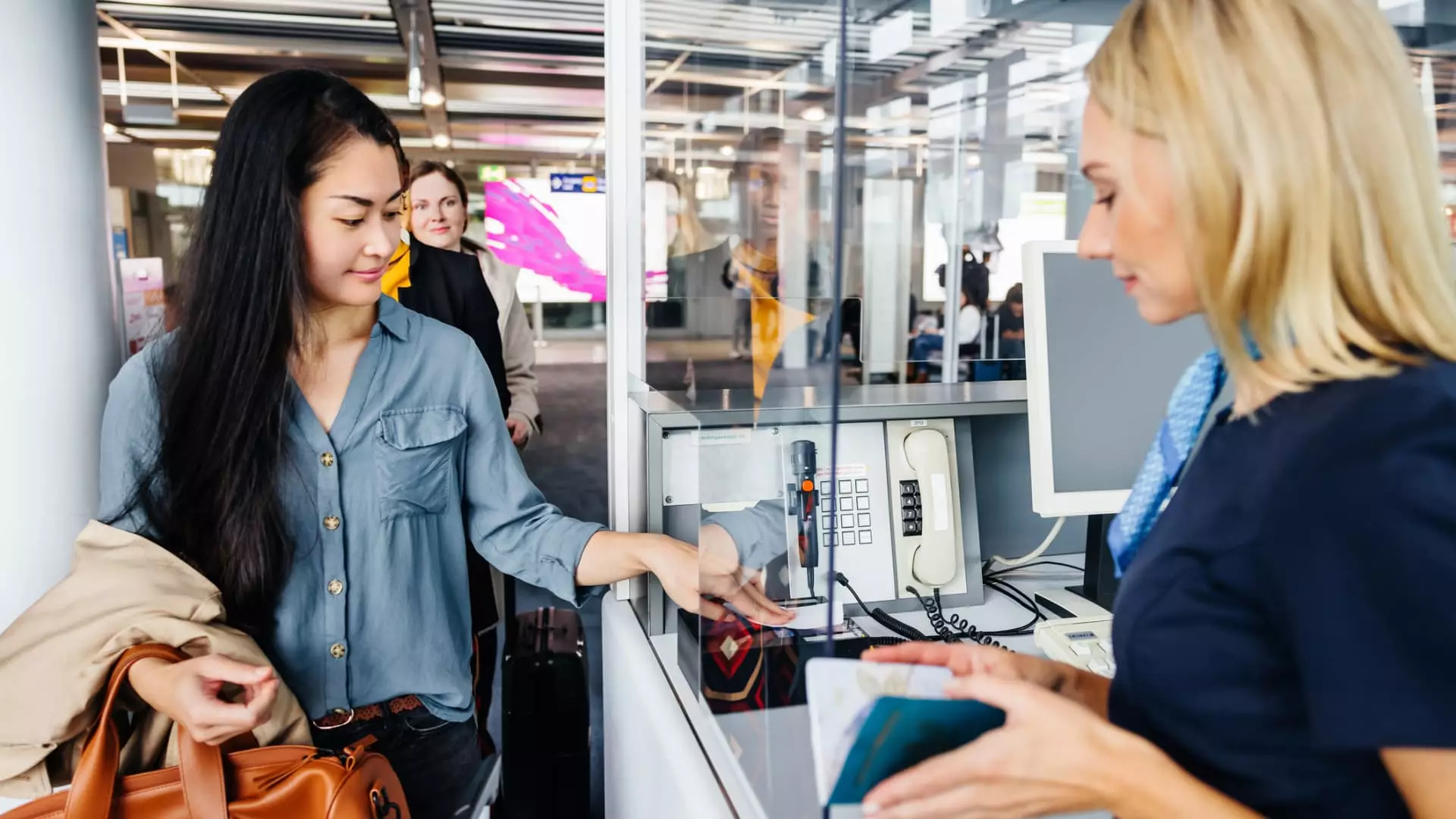As the May 7, 2023, deadline fast approaches, the urgency for American travelers to obtain a Real ID is palpable. With approximately 19% of the travel population lacking this essential compliance, it’s clear that several individuals risk significant travel disruptions. The Real ID, marked with a conspicuous star, is not merely bureaucratic fluff; it represents enhanced security measures set forth by the government in 2005. The act, while perhaps well-intended, feels all-too-similar to a sort of societal shakedown. After years of chaotic security checks that leave travelers reeling, the Real ID offers a bitter paradox: enhanced security at the cost of travel freedom.
Many travelers, unaware or dismissive of the impending change, may find themselves sidelined at the airport. With TSA regulations growing increasingly stringent, the stakes are high. Without an acceptable form of ID, delays, thorough searches, or even exclusion from security checkpoints could await those who do not tow the line. In an era where convenience has become a hallmark of modern travel, this looming imposition feels both overstated and unwarranted.
Alternative Identification: A Double-Edged Sword
While alternative forms of identification certainly exist, such as U.S. passports, Global Entry cards, and even state-issued enhanced driver’s licenses, the reality is that these alternatives aren’t without their quirks. Using a passport for domestic flights, for instance, might initially seem like a feasible workaround, yet it carries its own pitfalls. As the travel expert Sally French puts it, a passport is “much more complicated to replace than a driver’s license” — a sentiment that resonates with anyone who’s experienced the burdens of lost travel documents.
Moreover, the fees associated with these alternative IDs can quickly add up. A traditional passport renewal runs around $130 while the costs for a Real ID fluctuate but are generally cheaper. This disparity not only raises questions about access and economic equality but also fuels a sense of resentment among travelers who feel compelled to jump through bureaucratic hoops.
Understanding the Nationwide Fallout
The national enforcement of the Real ID raises questions about the core principle of freedom that many Americans hold dear. In a country that prides itself on individuality and personal rights, the notion of mandated identification feels restrictive, even oppressive. We are left to wonder why the government has chosen to trade personal autonomy for an illusion of security, further embedding a system of surveillance in our daily lives.
As political discourse shifts toward more liberal ideologies, one has to ponder whether such regulations serve the collective betterment of society or merely benefit governmental control. The Real ID Act, while painting the picture of public safety, detaches our sense of agency as traveling citizens. It is time to recognize that effective security cannot be built on layers of identification, but rather on trust and transparency.
A Call for Empowerment Over Compliance
Rather than succumbing to the anxiety of compliance, travelers should feel empowered to challenge this new reality. The narrative spun around the necessity of the Real ID needs to pivot toward a discussion on the freedoms we are willing to sacrifice for purported safety benefits. As citizens, we must ask ourselves: Is the inconvenience worth the perceived safety?
John Breyault, a travel expert at the National Consumers League, does mention potential workarounds. While reassuring, the notion that we should navigate bureaucratic obstacles merely to board a domestic flight obscures the broader discussion we should be having. Instead of clinging to workarounds, why can’t we advocate for a more streamlined, effective, and less intrusive system that respects individual rights without compromising safety?
The Bottom Line: Travelling in a Post-Real ID World
With the Real ID looming on the horizon, American travelers stand on the precipice of a new norm within the aviation landscape. While those of us who prefer a liberal approach to governance recognize the necessity of security, we also crave self-determination and the right to choose our paths. The advent of the Real ID serves as a blinking beacon of how far the state can stretch its grasp into our everyday affairs.
We must navigate this turbulent waters with caution and remain vigilant about preserving what little remains of our freedoms. Yes, the real ID may become an unavoidable aspect of modern travel, but it is crucial to recognize this as a challenge to fixed ideologies and a chance for reform that champions personal liberties and civil rights. In the end, it is not just about hauling identification to the airport; it is about the ideals we choose to uphold as we traverse the complexities of 21st-century life.

